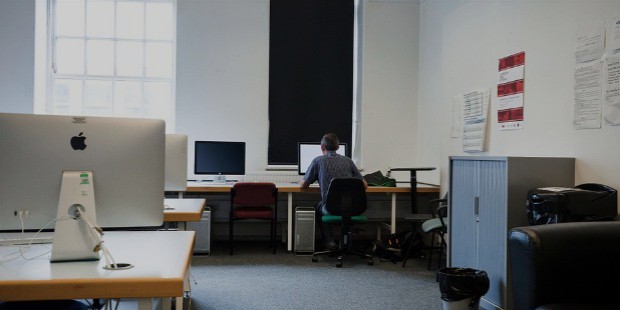How is Fear of Failure Worse Than Failure Itself?

If you ask people why they don’t try something new, you will get the same answer from them- It’s very risky or that it is more likely to fail. Many new ideas or initiatives just don’t take off because you think it won’t work or it could end in a disaster. Mankind’s first attempts to fly were big failures but that didn’t prevent it from trying again. Often mental blocks are created in the home itself when parents discourage children from taking new initiatives.
It is true that maintaining caution helps us from injuring ourselves when performing daring acts or doing something without adequate preparation. On the other hand, too much caution or safeguards could hamper you from taking any initiative in life. If you are afraid of failure, you are not alone as several people face the same issue. The first step is to identify your fears and its root cause.
Here are some of the reasons why fear of failure hinders your personal growth
1. Fear of Failure Could Inhibit New Initiatives

If you doubt your ability to undertake a new task or project, most likely it may not happen at all. Lack of tolerance for failure or the inability to see it in a positive light could put obstacles on economic growth as fewer people start new ventures. A Barclays Wealth Insights Survey showed that a nation’s growth is linked to it's attitude to failures and risk taking.
2. It Shows Lack of Confidence, Self-Esteem and Initiative

Most often fear of failure is linked to underlying personality traits – lack of self-confidence and initiative. Such personality traits could have been acquired from home where risk taking is not encouraged or in school where they may be encouraged to seek safe and secure jobs.
3. Fear of Failure may be Related to Perfectionism

If you are a perfectionist, it is very likely that you may undertake something new only if you are sure the preparations are perfect and the effort will be successful. Perfectionists are also likely to be less productive and happy in their career and life.
4. Feeling of Ridicule and Shame

Many a time it is not just the loss of money or position that inhibits you from taking the plunge, but the fear of ridicule or contempt. "What will others say or think if I turn out to be a failure and how will I face them" is a very unhelpful thought.
5. Finding Reasons not to do Something

Most often, you won’t undertake a project because you’ll find some reasons – I am not good at it, no body in our family has done it, I am not capable, I’ll not get the money to do it, I don’t have contacts to help me grow, etc. This kind of attitude is called self-sabotage. It keeps us from chasing our dreams and goals.
6. You Get More Stories of Failures than Successes

The media and people you interact with have a tendency to overemphasize failures over successes. Failures make great news. If you have the habit of seeking advice from several people before starting something, the majority may give negative feedback.
In any pursuit, whether business, a project or sport, you may have to deal with something unexpected or unforeseen and overcoming that challenge makes you the winner. Many of the success stories that you find in the media have come about after repeated failures and learning from them. India’s former President and renowned scientist A P J Abdul Kalam said we must listen not to success stories but stories of failure as you can learn a lot from them.










